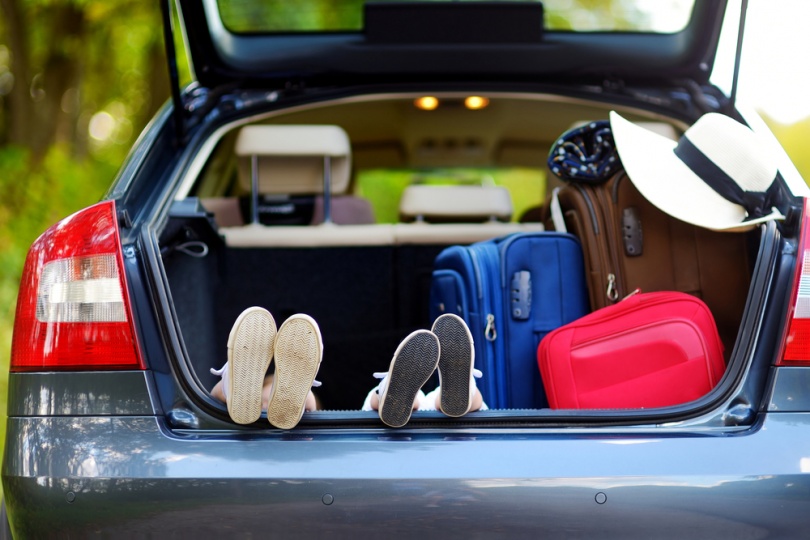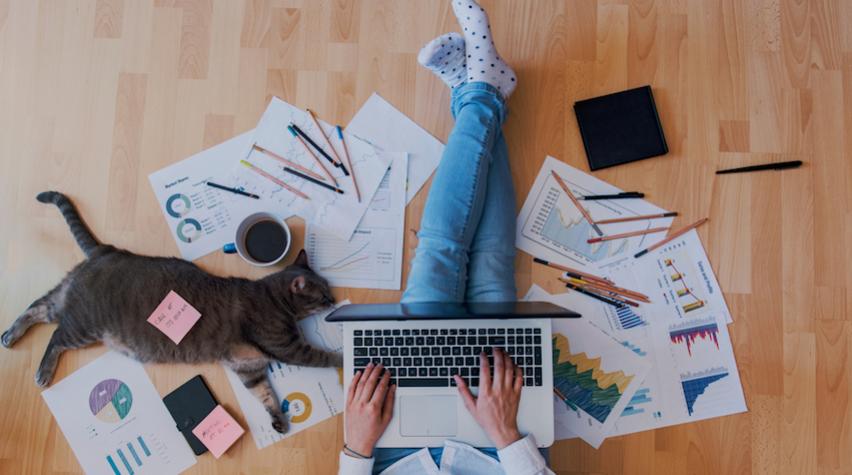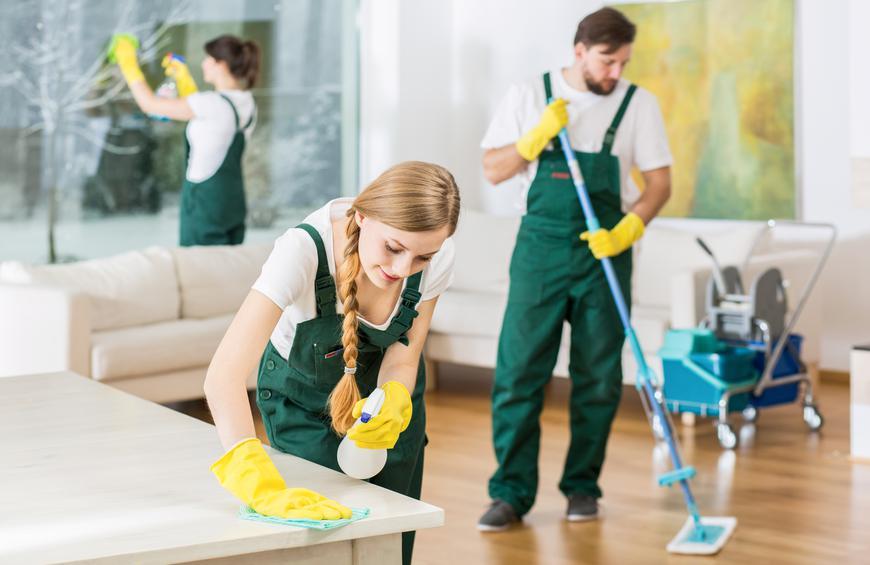
Recently, the travel and hospitality industry has been hit hard by the impact of the coronavirus pandemic. Every facet of the travel market has been affected, and travel planning has been disrupted. Travel bookings have been canceled or postponed until the world heals from the crisis. Thus, the recovery approach for the industry may be long-drawn.
However, there are a few key trends that we have noticed that we would like share.
There has been increased attention to the work-from-home approach caused by the stay-at-home lockdown orders. Travel has become decentralized, and we can already see and pick up on trends, the way people will travel during and after the pandemic.
Work From Anywhere (WFA)

Work-from-home (WFH) or working remotely has become the new normal. Many companies have asked their employees and workers to work from home to keep them safe and healthy from contracting and spreading the virus. The big tech companies Microsoft, Apple, Facebook, Amazon, and Google, are adopting new work-from-home policies and offering it more permanently. Zoom and video conferencing are increasing exponentially and are here to stay.
In today’s world, most employees only require access to the internet, and they can work from the comfort of their homes. This means people can now travel and work from anywhere (WFA) as they desire. Thus renting short-term accommodation is well positioned to offer this opportunity to work and stay in any location.
Short term stay solutions offer a personalized experience, and more people are likely to take this route as they seek to travel and experience new places while at the same time working or doing their business online. The travel experience will become even more wholesome and allow people to explore places compared to regular programming where they have to wait for leave days to go somewhere. Now you will be able to move to a short stay in a city you’ve always wanted to visit and live like the locals.
See Also: Modern Travelers Today Seek Alternative Accommodation
Travel Decentralization and Local Getaways

The World Economic Forum opines that for the first time in history, 90% of the world’s population now lives in countries with travel restrictions, and the US is no different. New health safety protocols and systems will need to be in place at airports and airplanes.
Efforts to develop health protocols and standards using digital technology for the travel and tourism industry, which is the new frontier are still in the initial stages. While that is happening, airlines such as Emirates and Etihad Airways are conducting on-site COVID-19 testing for passengers. Until a vaccine is found, the focus is shifting to assessing the risk of individual passengers. Several symptom-tracking and contact-tracing apps are used in many countries.
In a COVID-19 context, this signifies a change in travelers’ behaviors and patterns, which is signaling a shift from international travel to more local travel. In March, the World Travel and Tourism Council estimated that international travel could fall by 25% this year. According to UNWTO, coronavirus is the worst crisis that international tourism has faced since records began. Further, with lockdowns and countries restricting their borders, the UNWTO now anticipates a 60-80% decline in international travel.
Domestic travel is set to recover faster than international travel, and leisure travel is expected to rebound sooner than business travel.
Admittedly, many people can’t wait to get out of the house or visit a friend or relative whom they haven’t seen since lockdowns ensued. Even in this scenario, people will be looking for less crowded solutions. The bigger picture indicates more getaways, staycations, road trips to smaller secondary cities in the US, and generally new ways to discover and enjoy local travel experiences in America. The offering and place they stay plays a large part in the decision, no more hotel lobbbies with hundreds of people, or waiting in queues for check in. Travellers will seek their own apartments, self-catered units (kitchens and utensils) and self check ins without any human contact.
See Also: How to Travel Hygienically & Keep Clean
New Levels of Cleaning Standards

The American Hotel & Lodging Association has introduced an industry-wide, enhanced standard of health and safety protocols in conjunction with public health experts to advance best practices for protecting against the coronavirus. It is called the Stay Safe initiative. It includes standards on employee and guest health, employee responsibilities, cleaning products, and protocols, retraining staff, and deep cleaning facilities.
Once travel resumes, a higher level of cleanliness and safety precautions will need to be demonstrated by accommodation and rental facilities to ensure guests are confident about their health and stay at such facilities. We have seen a range of new programs launched by airlines, hotels, and hospitality brands to build consumer confidence and feel safe and hygienic in their environments.
Airbnb has also introduced an enhanced cleaning initiative for future travel. A five step process they call: Prepare-Clean-Sanitize-Check-Reset. Airbnb recommends that hosts commit to keeping their homes empty for a set period between stays, with no activity other than cleaning. Rooms should be ventilated before you clean, and protective gear should be worn during cleaning. After cleaning, gears should be disposed of or washed at the highest heat setting appropriate for the material.
Airbnb also recommends that hosts should encourage social distancing by offering self-check-in and checkout. They should also consider installing a key lockbox or smart lock with a keypad, and update the listing to add self-check-in instructions. Hosts should also stock the space up with essential amenities for a higher standard of cleanliness and hygiene, such as soap, paper towels, tissues, toilet paper, extra towels, and sheets. Expect to see the standard of cleaning, sanitizing and hygiene playing a key part in the messaging and marketing of hospitality services.
Amid the coronavirus, new travel trends have emerged. Travelers are now looking for ways to maximize their experiences while trying to reduce risk and stay healthy. People are now working remotely (not necessarily from home, buy remotely from anywhere).
With health concerns and travel restrictions, many travelers are encouraged to travel locally, explore nearby cities and small towns, or visit places closer to their homes (200-300 miles). Thus, people may now prefer the quick getaway, the staycation and shorter trips more frequently or stay longer in a secondary city instead of hopping around.
Even though accommodation facilities were dedicated to cleaning before the pandemic, new rigorous standards for cleaning and safety will stop the spread of COVID and reassure guests before and during stays.
At Viagem, our apartments are well-appointed with spacious living environments, workspaces and work-from-home tools (fast wifi) to meet your living and business needs. We’ve also introduced contactless check-in with keyless entry to allow our guests to keep safe distances and our we implement enhanced hygiene practices in response to the pandemic. We use CDC approved disinfectants for cleaning and sanitising. Our collection of apartments are located in beautiful cities, offering ideal staycation opportunities.
Need accommodation? You can book an unforgettable stay in one of our apartments in Philadelphia, Durham, Hoboken, Ventnor City.

